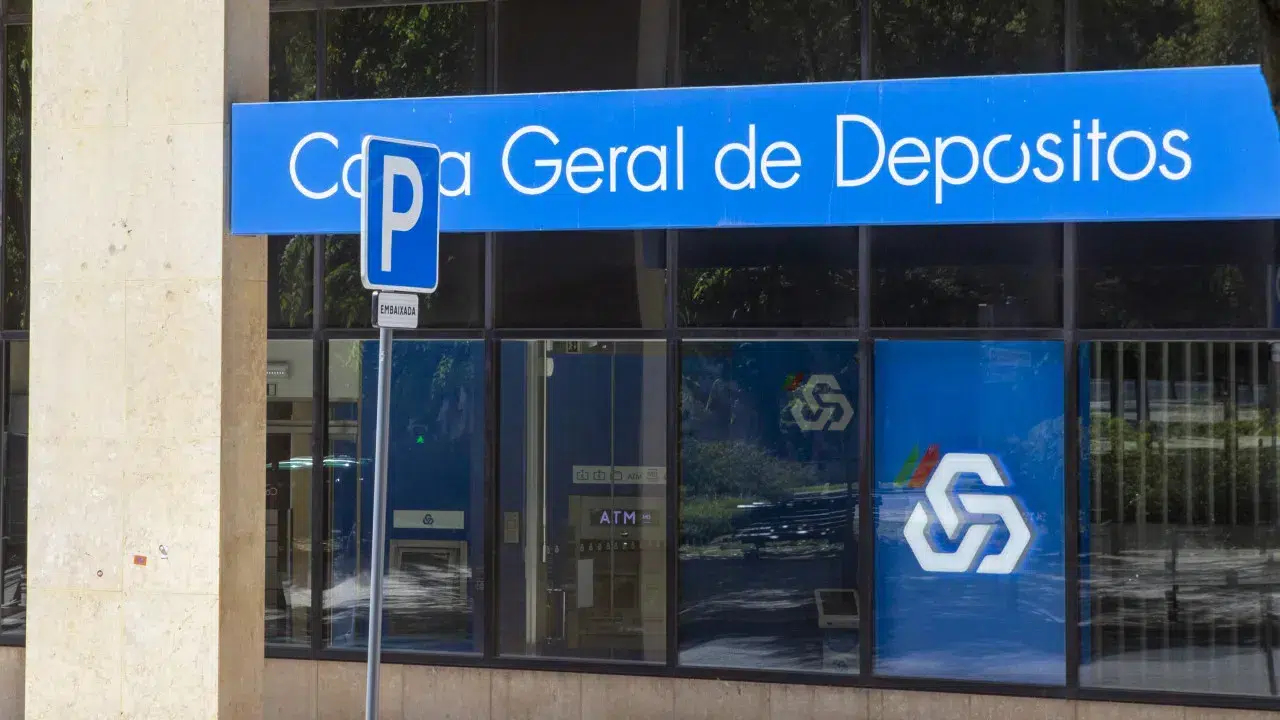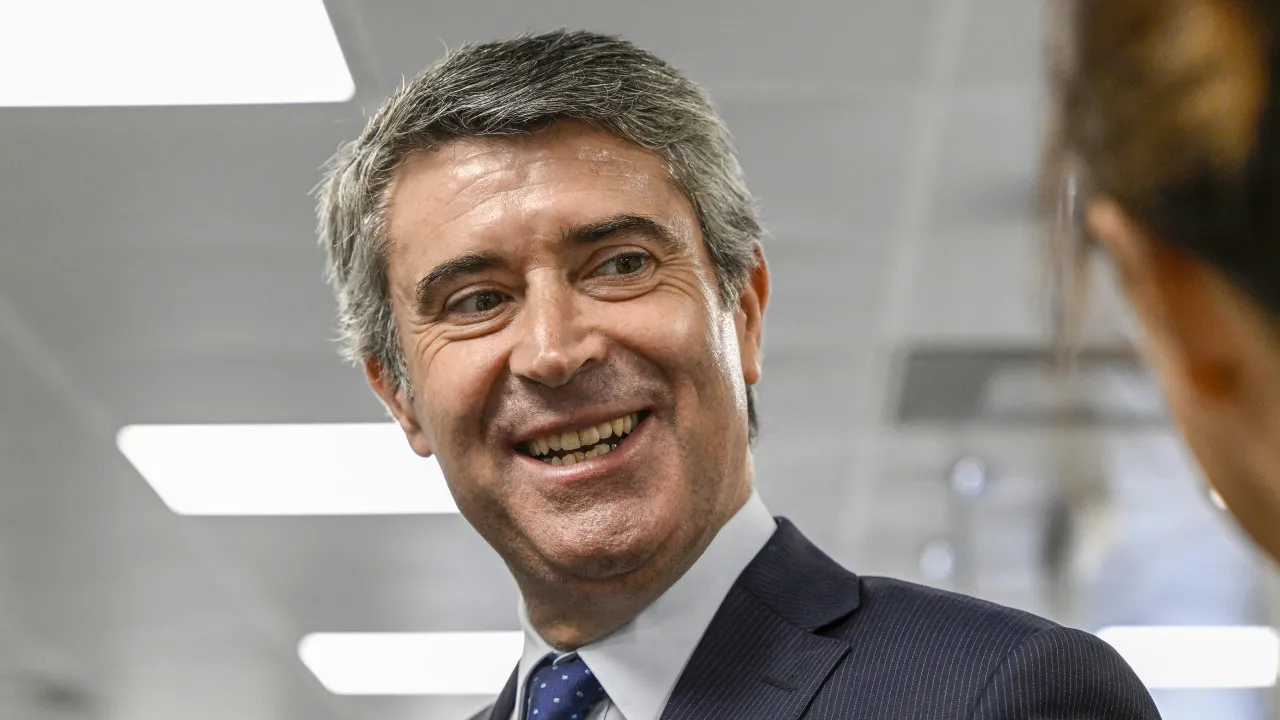Parliament is today debating the government’s proposal to change personal income tax rates, with all parties presenting alternatives. The outcome of the vote is uncertain, given the balance of power in Parliament.
The government’s proposal, approved by the Council of Ministers at the end of last week, includes a reduction in rates of between 0.25 and 3 percentage points up to the 8th income bracket, with the biggest cuts (3 and 1.25 points) falling on the 6th and 8th income brackets respectively.
The solution displeased the PS, which accused the government of focusing the tax relief (estimated at 348 million euros in 2024) on the highest incomes, leading the Socialists to put forward a proposed amendment that focuses the most significant part of the relief on lower brackets.
“What you’ll find in the bill is greater redistribution, greater relief for incomes between 1,000 and 2,500 euros,” argued PS parliamentary leader Alexandra Leitão, pointing out that the Socialists’ initiative was designed taking into account the budgetary margin included in the government’s proposal.
After the intense debate surrounding the way in which the reduction in IRS rates was presented by the government, today’s debate and vote on the executive’s proposal promises to test the balance of political forces that emerged from the March 10 elections.
Without a majority in parliament, the government’s proposal will have to win the support of other party forces in order to be made viable, and the president of Chega has already admitted that his party may vote against the executive’s proposal and make the PS proposal viable, claiming that it is closer to his own.
Today’s plenary session will also debate the bill presented by the PS, as well as the other opposition parties’ initiatives on the IRS.
In the case of Chega, the project also focuses on a change in the tax rates, proposing a reduction up to the 8th bracket – leaving only the 9th, which corresponds to the highest income bracket, unchanged.
The Liberal Initiative is also debating a proposal that increases the specific deduction (the ‘discount’ that is automatically attributed to income from work and pensions), reduces the tax rates and sets the minimum subsistence amount at the equivalent of 14 national minimum wages to the current amount (820 euros).
The Left Bloc, for its part, presented a bill that increases the value of specific deductions and the deduction for property costs to 360 euros, while also eliminating the rule that prevents people with home loans taken out after 2011 from benefiting from this deduction.
The PCP’s bill, on the other hand, insists on making it compulsory to include income subject to special rates, such as rents, capital gains or interest, for those at the top of the brackets. It also proposes raising the specific deduction, reducing the rates for the first two brackets and increasing those for the higher income brackets.
Livre’s bill focuses on personal income tax (IRS) rates, proposing a reduction in those for the lowest brackets, an increase (from 48% to 49%) in the rate for the 9th bracket, as well as changing the income limits for each income bracket.
Also up for debate will be the PAN project that advocates the approval of a fiscal emergency program, “which guarantees a mid-term update of the personal income tax brackets, the extension of the Young Personal Income Tax regime and the reinstatement of the zero VAT regime for food products in the essential basket.”
After the debate, the various initiatives will be voted on in general.








